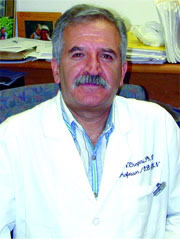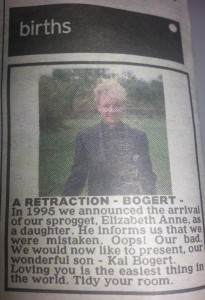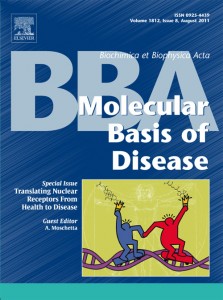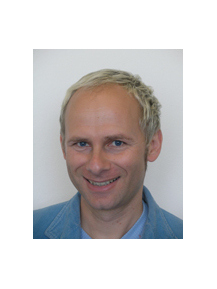
Two Oxford journals have now put out three more retractions for ob-gyn and former University of Florida professor Nasser Chegini, who has been under ORI investigation since at least 2012. That makes a total of five retractions, by our count.
Here is the notice for “The expression profile of micro-RNA in endometrium and endometriosis and the influence of ovarian steroids on their expression” in Molecular Human Reproduction: Continue reading Three more retractions appear for Florida ob-gyn under investigation








